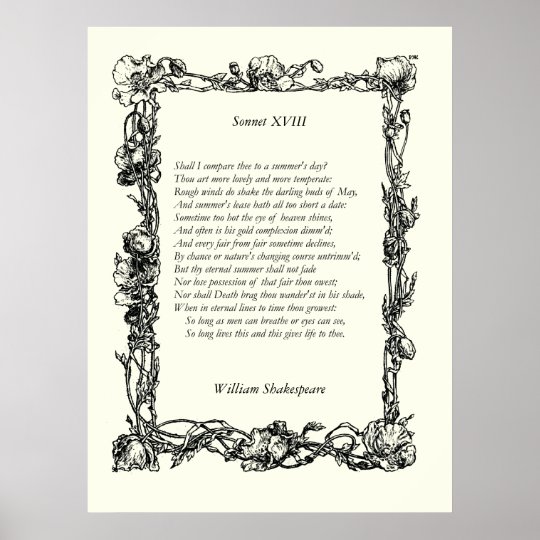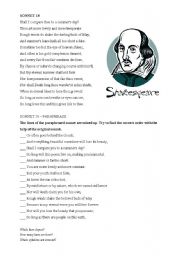

The spheres, her voice her grace, the Graces three Her breast displays two silver fountains bright Her cheeks, red roses, such as seld have been Her eyes the brightest stars the heavens hold Her front the purest crystal eye hath seen My Lady’s hair is threads of beaten gold My wound still bleeds, although the bow’s unbent. More than an earthly voice it was that sang: The way she walked was not the way of mortals There are many others, and the tradition of fulsome praise in this vein stretches back to Petrarch and his sonnets to Laura. On the contrary, although the octet makes many negative comparisons, the sestet contrives to make one believe that the sound of her voice is sweeter than any music, and that she far outdistances any goddess in her merely human beauties and her mortal approachability.Ī typical sonnet of the time which uses lofty comparisons to praise a beloved idol is given below. It is often said that the praise of his mistress is so negative that the reader is left with the impression that she is almost unlovable. With a deftness of touch that takes away any sting that might otherwise arise from implied criticism of other sonneteers, the poet satirises the tradition of comparing one’s beloved to all things beautiful under the sun, and to things divine and immortal as well. My mistress, when she walks, treads on the ground:Īnd yet by heaven, I think my love as rare,

That music hath a far more pleasing sound: I love to hear her speak, yet well I know Than in the breath that from my mistress reeks. I have seen roses damasked, red and white,Īnd in some perfumes is there more delight If hairs be wires, black wires grow on her head. If snow be white, why then her breasts are dun My mistress’ eyes are nothing like the sun Ĭoral is far more red, than her lips red:


 0 kommentar(er)
0 kommentar(er)
